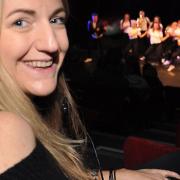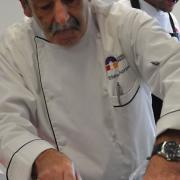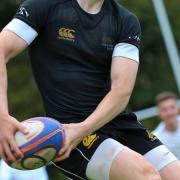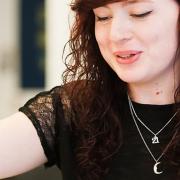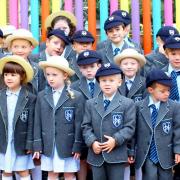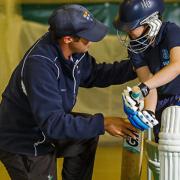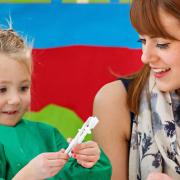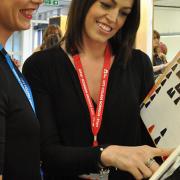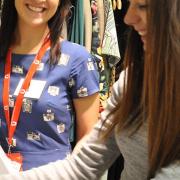The skills that all educational institutions now have to consider are the “new” skills needed by young people to thrive in this new world.
From the headmaster’s office
Robin Gainher, headmaster at Beeston Hall School at West Runton, asks why shouldn’t we have dance and maths in equal measure?
According to Sir Ken Robinson, an international education arts adviser and former professor of arts at the University of Warwick, schools should devote as much time to dance as they should to maths. He argues that it was important for children to learn to use their bodies as well as their minds. In his ideal timetable there would be an equal balance given to sciences, languages, to the arts, to the humanities and to physical education.
In response Russell Hobby, general secretary of the NAHT headteachers’ Union, said, “You’re going to need to be able to add up more than you’re going to need to be able to foxtrot. Employers need it (maths), and informed citizens of a technologically-driven society need it”.
While their opposing views are understandable, they help crystallise what’s fundamentally wrong with so much in education – a lack of balance. More than ever education today is driven by results, by league tables and by accountability to various inspection regimes. Most teachers bemoan the increase in administrative tasks and box ticking exercises which takes them away from what they love, teaching a balanced and exciting curriculum and interacting with children.
Hands up, who’s for some algebra and fractions and who’s for a tango and a quickstep? Best of all, why not do both!
The recent report by Lord Young – Enterprise for all – outlines that 95pc of companies in the UK have now have less than 10 people. This presents a challenge to the existing educational system and the assumptions it makes about what is needed for the world of work. The skills that all educational institutions now have to consider are the “new” skills needed by young people to thrive in this new world. Young people entering the job market will need not just technical skills and strong literacy and numeracy, but will have to be self-reliant and creative. This may not come from traditional academic routes. This “enterprising attitude” is something that further education colleges have long recognised.
Young people have to make huge choices when they leave school or college to pursue their chosen careers or take the next step into higher education. These choices are a large time commitment and often a financial one too.
But people are more than their list of qualifications. Before choosing the next step, a question for those advising young people has to be: Where will this next step take you? Employability and enterprise should be seen as a priority.
Education needs to take a step closer to business and understand better what business needs. At Great Yarmouth College we are underpinning every one of our college courses with a link to local employers. Our courses go beyond the qualification and help our students with real, high quality work experience, and developing the enterprising attitude.
In a fast-changing economic world it makes sense to ensure that our young people have the skills, experience, qualities and attitudes to meet it head on and thrive.




